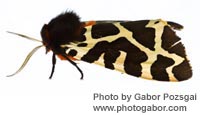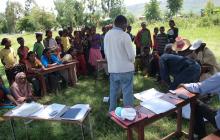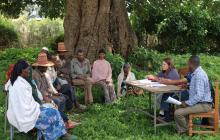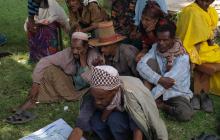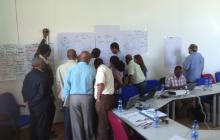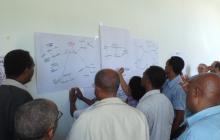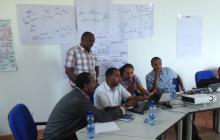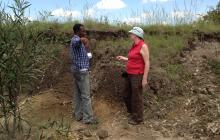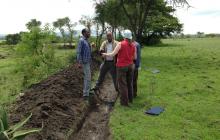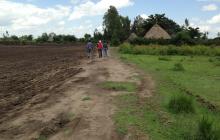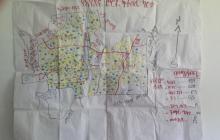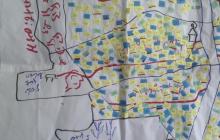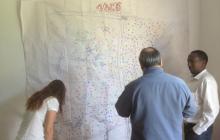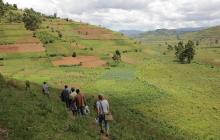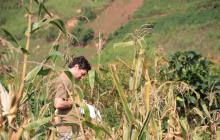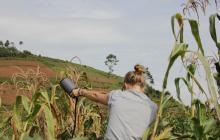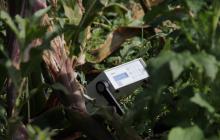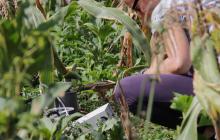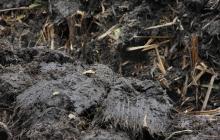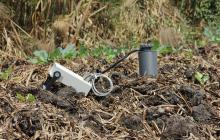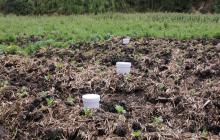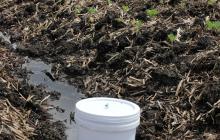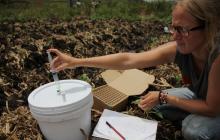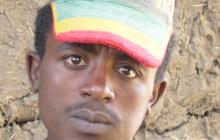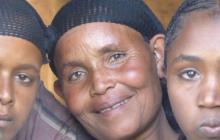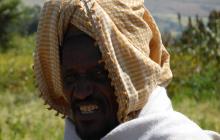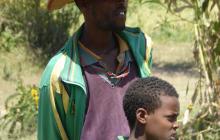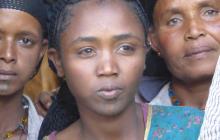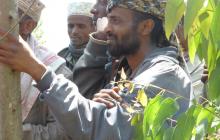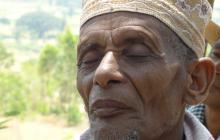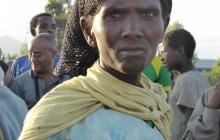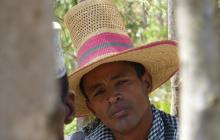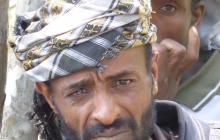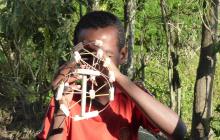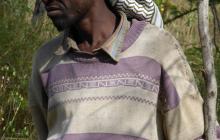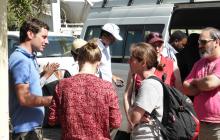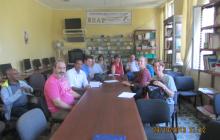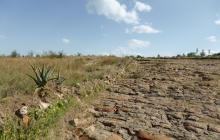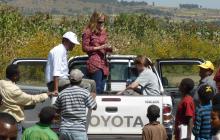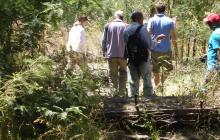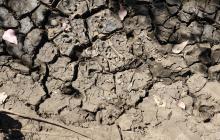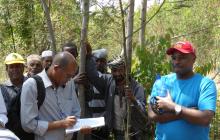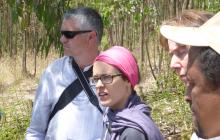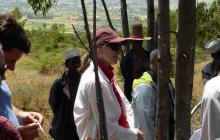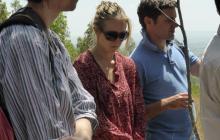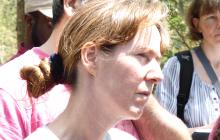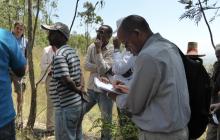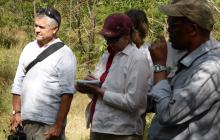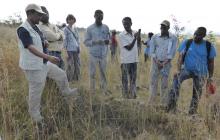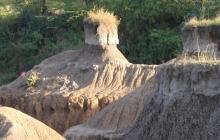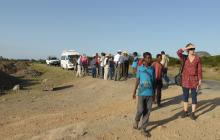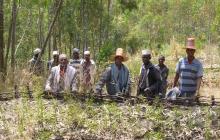Field campaigns in both socio-ecocomic and biophysical reseach areas began in Ethiopia. Focus group discussions took place to explore farmers' views and concerns about soil fertility. Drafting of the first Bayesian Belief Networks took place and soil sampling strategies were finalised
You are here
Follow progress on ALTER projects through our photo archives.
2014 Photo Archive
-
-
Initial household survey characterisation took place in Choroko, Lay Arsho and Assore Kebeles, representing contrasting socio-economic and biophysical conditions in the Halaba Woreda. This survey has identified and mapped each household according to three wealth categories. The GPS locations of each household will be used throughout the project to link socio-economic and biophysical characteristics within the landscape.
Halaba District Socio-Economic surveys
-
Field work begins at wetland field sites above potato fields at Muko, Kabale in Uganda. The wetland here is managed by a cooperative society for small scale, commercial potato growing between May - Oct. Many who join the cooperative come from areas far away, and are not part of the communities close to the wetland edges.
Field work included mapping micro topography in the field plots by measuring the dimensions of the trenches dug to plant potato; measuring CO2 emissions with an Environmental Gas Monitor (EGM) that measures the change in CO2 concentrations over a period up to 2 minutes. Gas samples are extracted from the chambers, and injected into vials. Vials are then shipped to the lab for analysis of different concentrations of different GHGs.This data allows the CO2 fluxes from the soils to be modelled and validated.
Field work starts in Uganda
2013 Photo Archive
-
Some of the people we met in Halaba during the field trip we went on during our project meeting in October.
Faces of Halaba
-
The ALTER team visit a number of Kebeles in Halaba Woreda to meet farmers and select suitable study sites for the project in Ethiopia.
Halaba field study selection visit

